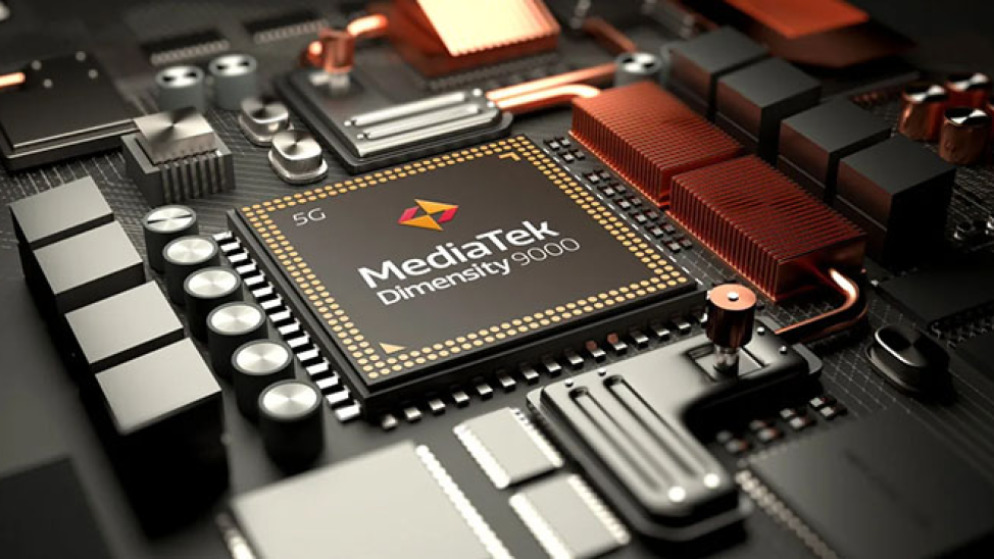In today's fast-paced technological world, the demand for advanced chips is increasing at an unprecedented rate. From smartphones to supercomputers, every electronic device requires a chip to function. But what exactly is the most advanced chip, and how does it work? In this article, we will explore the world of advanced chips and provide you with a comprehensive overview.
Firstly, let's define what a chip is. A chip, also known as an integrated circuit, is a small electronic device that contains millions of transistors, capacitors, and resistors. These components are etched onto a tiny piece of silicon, which is then packaged into a small chip. The chip acts as the brain of an electronic device, controlling its functions and processing data.
Now, let's move on to the most advanced chip. Currently, the most advanced chip is the quantum chip. Unlike traditional chips, which use binary digits (bits) to process data, quantum chips use quantum bits (qubits). Qubits can exist in multiple states simultaneously, allowing for much faster and more efficient processing of data. Quantum chips have the potential to revolutionize industries such as finance, healthcare, and transportation.
However, quantum chips are still in the experimental stage and are not yet widely available. So, what is the most advanced chip that is currently in use? The answer is the graphics processing unit (GPU) chip. Originally designed for gaming, GPUs have evolved to become powerful computing tools that can handle complex tasks such as artificial intelligence and machine learning. GPUs are used in industries such as finance, healthcare, and scientific research.
Another advanced chip that is gaining popularity is the field-programmable gate array (FPGA) chip. Unlike traditional chips, which are designed for specific tasks, FPGAs can be programmed and reprogrammed to perform a wide range of functions. FPGAs are used in industries such as aerospace, defense, and telecommunications.
In conclusion, the most advanced chip depends on the industry and the specific task at hand. While quantum chips have the potential to revolutionize the world, GPUs and FPGAs are currently the most advanced chips in use. As technology continues to evolve, we can expect to see even more advanced chips in the future.


